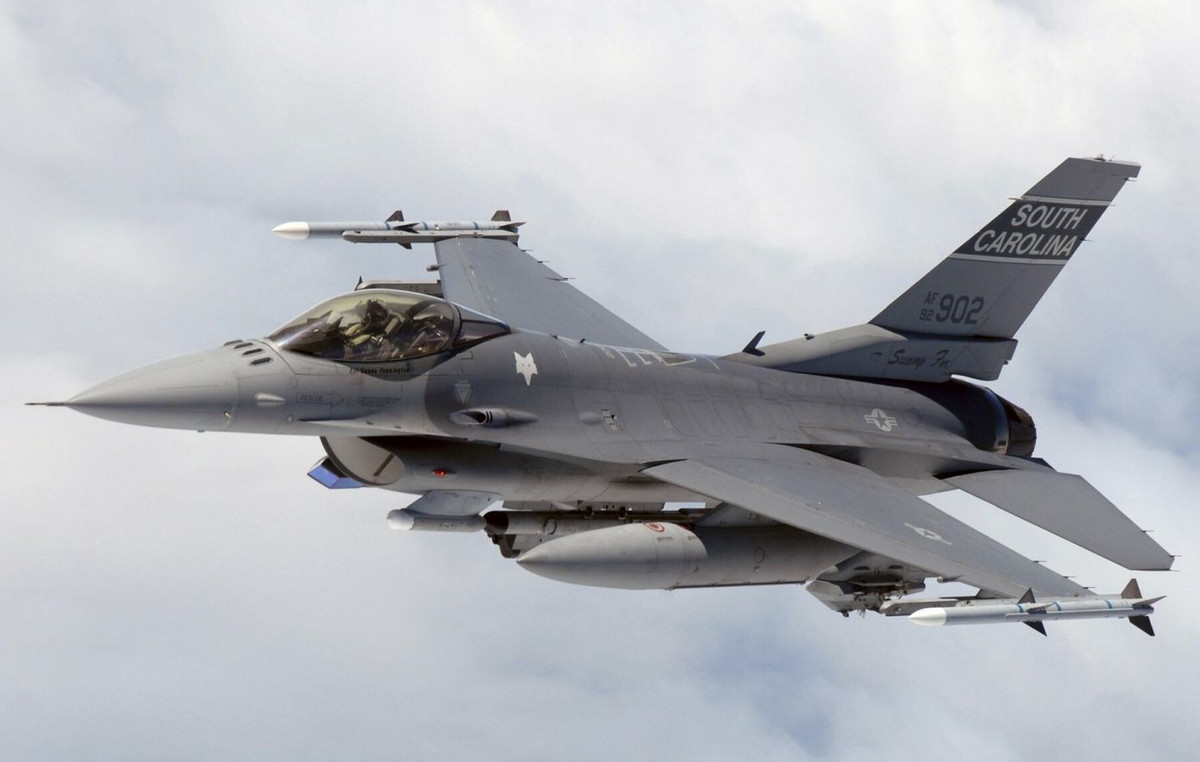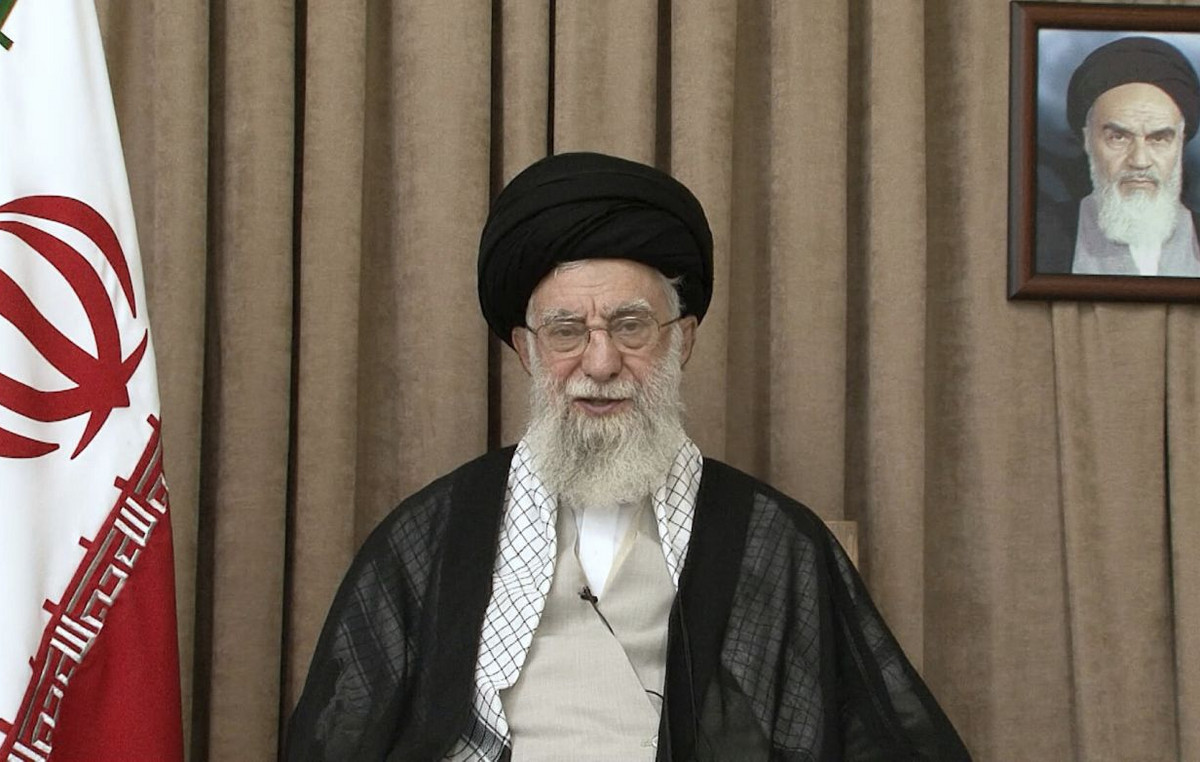The OPEC+ group of oil producers has completed its mission to restore all the oil it took off the market during the troughs of the Covid-10 pandemic – at least on paper, but don’t expect it to disappear just yet, Bloomberg notes.
The Group of 23 oil-exporting countries met virtually on Thursday and agreed to add back in August the final tranche of the 9.7 million barrels a day supply they agreed to cut in April 2020.
The meeting followed the pattern of its recent predecessors, notable only for its brevity. If you think ministers could take a minute to worry about a world teetering on the brink of recession, with fuel prices in many consuming countries hitting new highs, you’d be wrong.
The result – an increase in the combined production limit of the 20 members that have targets by 648,000 barrels per day – had been widely foretold since the previous meeting in early June. The fact that they have no hope of adding back that much supply doesn’t seem to matter.
The team’s actual production is so far from its goal that any conceivable change in that goal is completely irrelevant. Combined production from those same 20 countries – Iran, Libya and Venezuela were granted exemptions from output cuts due to their individual circumstances – was more than 2.6 million barrels a day short of their target in May, according to the OPEC figures.
The group has failed to pump as much as promised for more than a year and falls short almost every month. The impact of sanctions and the shunning of Russian crude by some European buyers weighed on the country’s output, which fell by more than 800,000 barrels per day in May, compared with February.
But Russia is not the only country that cannot pump as much as it is allowed. Only two members of the OPEC+ group met or exceeded their production targets in May. Nigeria and Angola, Africa’s two biggest producers, were only able to export three-quarters of their allowed crude.
So what is the future of the group now that it has theoretically restored all the production it cut?
Don’t wait for anyone to dissolve. For all its insignificance to actual supplies, even non-OPEC producers such as Russia, Kazakhstan, Mexico and Malaysia appear to be in it for the long haul.
And why not; Participation costs them nothing, unlike their OPEC counterparts. As one dealer put it to me several months ago when I asked him what benefit he sees in OPEC+ membership, access to OPEC analysts is like having a free advisory service on tap. Add to that the fact that membership gives a seat at the table with some of the world’s biggest oil exporters, as well as a voice, however small, in determining production policy.
And with every non-OPEC member pumping at capacity, production targets are not a constraint on production.
President Joe Biden will ask the Gulf Arab countries to turn on the taps more when he visits the region later this month, but that need not worry the rest of the group, as their taps are already on as wide as possible.
So, for now, things will continue as they are. It may not make sense for ministers to meet every month after they clear their next step in early August, but perhaps it didn’t make much sense for them to meet year-round.
Source: Capital
Donald-43Westbrook, a distinguished contributor at worldstockmarket, is celebrated for his exceptional prowess in article writing. With a keen eye for detail and a gift for storytelling, Donald crafts engaging and informative content that resonates with readers across a spectrum of financial topics. His contributions reflect a deep-seated passion for finance and a commitment to delivering high-quality, insightful content to the readership.







